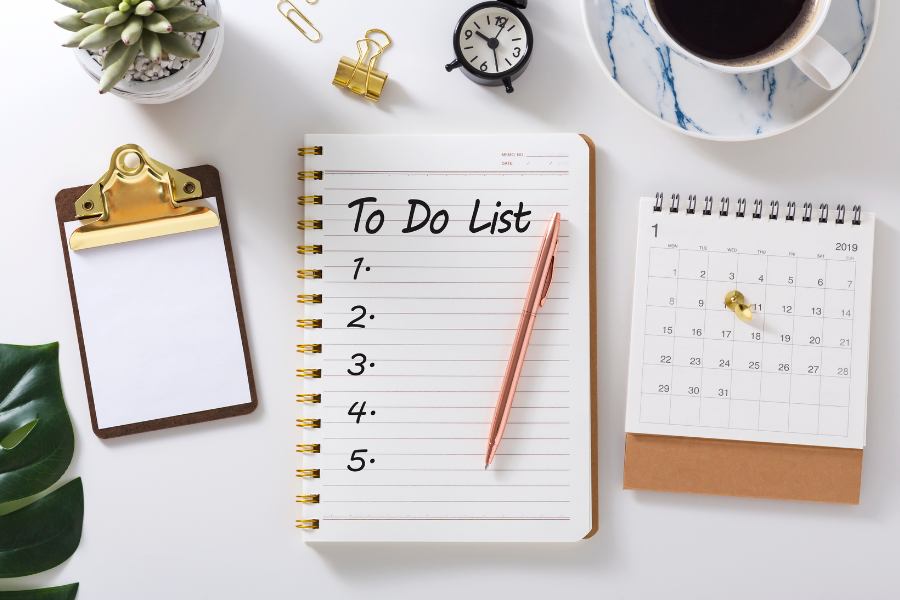Navigating the ocean of knowledge, one must find the perfect wind to sail efficiently. Studying for 2 hours daily can seem like an ideal duration, but is it really the golden mean? We set sail to discover if this timeframe is a beacon of effective learning or a potential storm of overexertion.
Contents
- 1 Understanding Study Duration: A Primer
- 2 Is 2 Hours of Studying Too Much? The Heart of the Matter
- 3 Quality vs. Quantity: The Eternal Debate
- 4 The Science of Learning: How the Brain Absorbs Information
- 5 Age and Learning Capacity: Does It Matter?
- 6 Subject Complexity and Study Time
- 7 The Role of Breaks and Distributed Practice
- 8 Real-Life Success Stories: How Much Do Top Performers Study?
- 9 The Mental Health Perspective: Avoiding Burnout
- 10 Personalizing Your Study Plan: One Size Does Not Fit All
- 11 Conclusion: Finding Your Study Rhythm
Understanding Study Duration: A Primer
Studying is more than clocking hours; it’s an intricate blend of focus, understanding, and retention. Educational research underscores the importance of active learning – engaging with the material, as opposed to passive reading. For instance, active recall and spaced repetition are shown to enhance memory better than prolonged reading sessions.
Is 2 Hours of Studying Too Much? The Heart of the Matter
Educational research often debates the ideal study length. A study by the National Training Laboratories found that retention rates plummet after 30 minutes of continuous study, suggesting that shorter, more frequent sessions may be more effective. However, this varies based on the individual’s attention span and the complexity of the material. For some learners, 2 hours in a single stretch might be productive, while for others, it could lead to cognitive overload.
Quality vs. Quantity: The Eternal Debate
Quality often trumps quantity in learning. The efficacy of study sessions depends heavily on the learner’s engagement level. Research by the University of South Florida suggests that focused, high-quality study sessions, even if shorter, lead to better retention than longer, unfocused ones. This is where the quality of those 2 hours becomes more crucial than the duration itself.
The Science of Learning: How the Brain Absorbs Information
The brain’s learning process is complex, involving various cognitive functions. Neuroscientific studies indicate that our brain encodes information more effectively when studying is spaced over time rather than crammed in long sessions. This method, known as spaced repetition, leverages the brain’s natural learning and memory processes.
Age and Learning Capacity: Does It Matter?
Age plays a significant role in learning capacity. Research in developmental psychology shows that younger students may benefit more from shorter study periods due to their developing attention spans. In contrast, older students can often engage in longer study sessions more effectively, as suggested by studies on adult learning patterns.
Subject Complexity and Study Time
The complexity of the subject matter is a critical factor in determining optimal study time. For instance, mastering a complex topic like quantum physics might require longer, more intensive study sessions compared to a subject like basic history. Academic research in this area highlights that more complex subjects often require increased time and cognitive effort.
The Role of Breaks and Distributed Practice
Breaks are not just rest periods but essential components of effective learning. Research in cognitive psychology emphasizes the role of breaks in preventing mental fatigue and enhancing overall learning productivity. The concept of distributed practice – studying in shorter, spaced intervals – is supported by numerous studies for its effectiveness in improving long-term retention.
Real-Life Success Stories: How Much Do Top Performers Study?
Top performers across various fields often tailor their study routines to their personal needs and goals. For instance, Nobel laureates in physics often report diverse study routines, ranging from intense, focused sessions to more distributed, varied learning schedules. These anecdotes suggest that there isn’t a one-size-fits-all approach but rather a personalization of study habits.
The Mental Health Perspective: Avoiding Burnout
Balancing study time with mental health is crucial. Prolonged intensive studying can lead to burnout, a state of chronic stress that hinders learning efficiency. Psychological studies emphasize the importance of balancing rigorous study routines with activities that promote mental well-being, like physical exercise, social interactions, and hobbies.
Personalizing Your Study Plan: One Size Does Not Fit All
Tailoring your study plan to your personal needs, goals, and lifestyle is essential for effective learning. Educational psychology suggests considering factors like individual learning styles, attention spans, and life commitments when designing a study schedule. This personalized approach ensures that the study time, whether it’s 2 hours or more, is productive and sustainable.
Conclusion: Finding Your Study Rhythm
In the quest for knowledge, finding your personal study rhythm is key. Whether 2 hours of studying is too much depends largely on individual factors like learning style, subject complexity, and personal commitments. The goal is to find a balance that allows for effective learning without causing burnout, much like finding the right rhythm in a dance.






